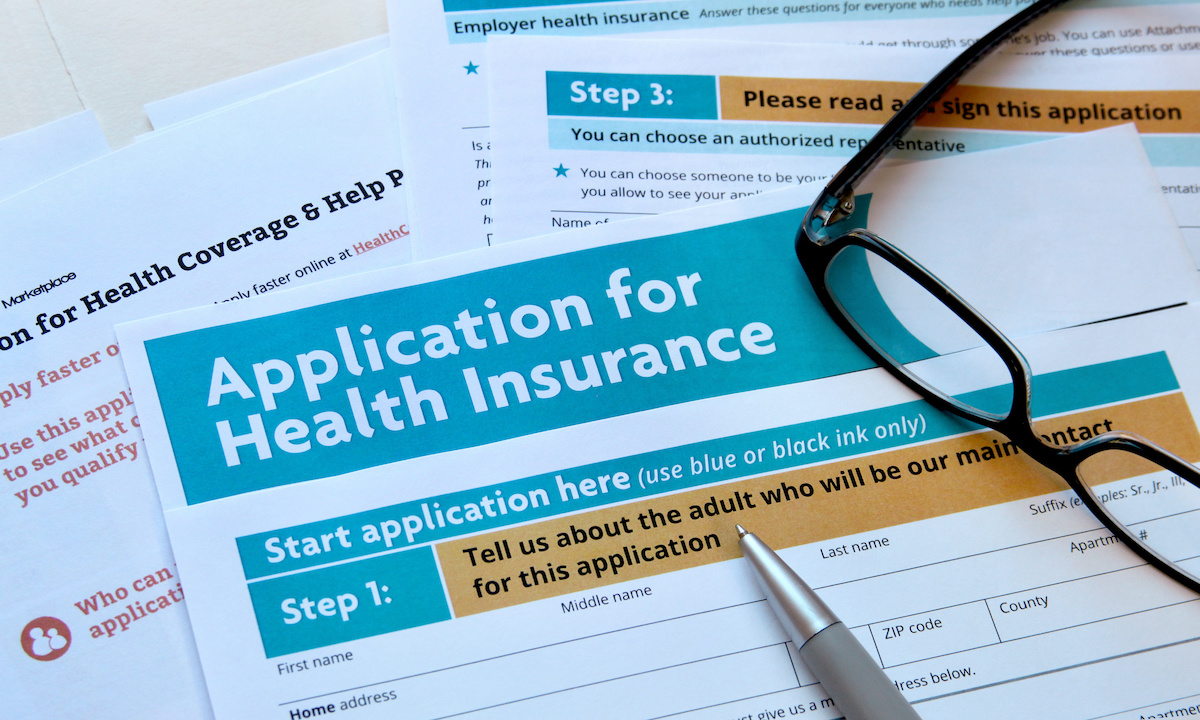Author: Richard A Myers
The Importance Of Having An Attorney When Applying For Medicaid
Although a mind-numbing process, having an attorney present when going over your Medicaid application will save you a lot of hassle when dealing with the administrative and legal portion of the
The Fundamental Questions to Ask Before Estate Planning
Because estate planning is not just about reducing taxes but more about making sure your assets are utilized for my care and the care of my loved ones during an illness or disability and then distributed as you wish after you are gone, you need to consider four questions before you begin estate planning. WHO DO I TRUST TO CARRY OUT MY ESTATE PLAN? This is the first critical question to answer because you will not be available to oversee the plan. Carefully selecting your fiduciary and the alternate fiduciaries is the first step to the success of your personalized estate plan. The fiduciary will continue to carry out your estate plan during your illness, short or long term and then your wishes after you are gone. WHO SHOULD INHERIT MY ASSETS? If you are married, before you can decide who should inherit your assets, you must consider marital rights. Ohio has specific laws designed to protect surviving spouses. If you die without a will or a living trust, state law may dictate how much of your estate passes to your spouse. Even with a will, if you provide less for you spouse that Ohio law deems appropriate, the law will allow the survivor to elect to receive a greater amount. If your spouse is not the natural parent of your children, Ohio law may also allocate a majority of your estate to your natural children and not to your spouse. Once you considered your spouse’s rights, ask yourself these questions: Should your children share equally in your estate? Do you wi

 View Cart []
View Cart []

